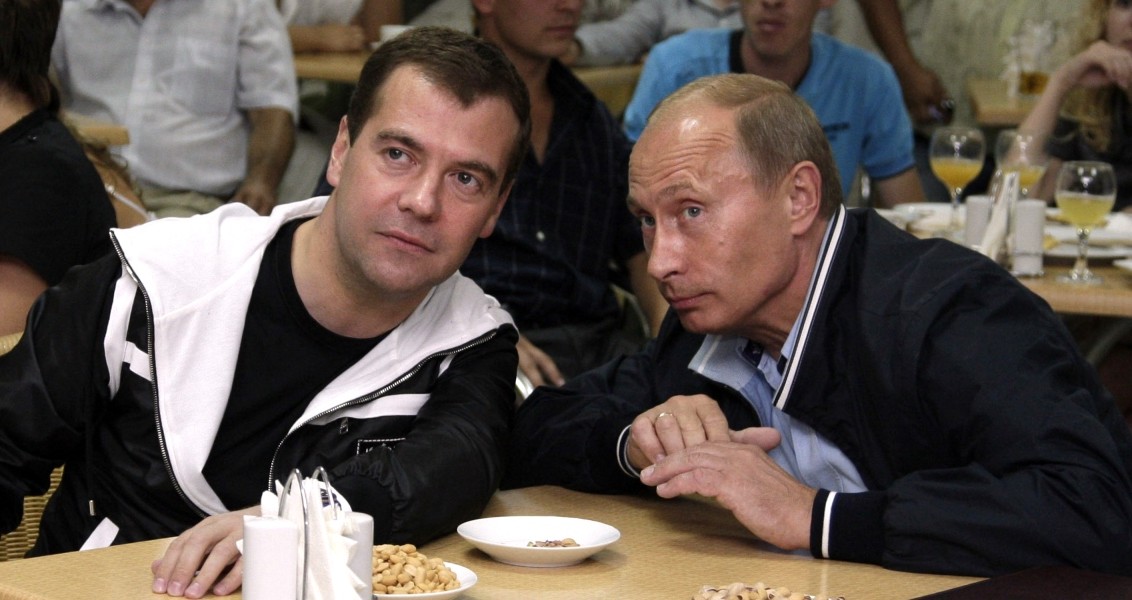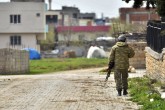The Russian declaration last week of the withdrawal of its forces from Syria caught most of the observers of the conflict in Syria once again by surprise. Around six months ago when the news about the Russian military deployment in Syria broke, many Syrian observers considered the move by the Russian government as unexpected. Although in September, Moscow at first denied their presence, it later asserted that the Russian air forces launched their attacks in Syrian territories under the pretext of fighting against DAESH. Over the six months that followed, Russian air forces instead mostly attacked the Syrian opposition and tried to support the positions of Syrian regime forces. During their airstrikes they also targeted humanitarian relief convoys and civilians. Through these attacks, the Russian military helped the Syrian regime to sit at the table in the Geneva Process with a stronger position. This stronger position of course led the Syrian regime to start to backtrack in the meetings. The Syrian regime’s foreign minister Walid Muallem gave their own red line statement just before the negotiations, and said, “We will not talk to anyone who talks about the position of the presidency. Bashar [Assad] is a red line; the property of the Syrian people… I advise them that if this is [the opposition’s] thinking, they shouldn’t come to the talks. They must abandon these delusions.” A day after this statement, Russian President Vladimir Putin made an announcement about the withdrawal of Russian forces from the country.
Since the announcement of the Russian government, everybody is discussing what such an abrupt withdrawal from Syria might mean. In recent years to figure out what Russia really wants has become the most enigmatic question in international politics to figure out what Russia really wants. Despite significant economic and demographic problems, the Russian government has been trying to exert influence in the international sphere through either using their veto power at the United Nations Security Council or by conducting unexpected and unpredictable operations. Russian policy in Ukraine, their annexation of Crimea, airspace violations in Europe and the Middle East and Russian covert threats of possible nuclear warfare has shocked many observers over the last two years. In fact, to be on the headlines of the news outlets and creating fear and concern in international relations seems to be a major objective of the Russian government. Shock and surprise are increasingly becoming less tactical and more strategic for Russian foreign policy. Through using its veto power in international organizations, Moscow seems to aim to become a new type of superpower: an unpredictable power in world politics.
However this pattern of unpredictable and hard-to-interpret behavior of Russia has become more predictable with the increasing frequency of these actions and statements. The constancy of these actions generates its own pattern. In fact, after the declaration of withdrawal from Syria many observers commented that the withdrawal is very much tactical before the Geneva Process, and with the continuing presence of Russian airbases in Syria, the Russian military can return to intervene in the conflict with a short notice. Although the abruptness still surprised some, these actions have started to lose their shock factor. However this situation may generate another danger for world politics in the coming years. The Russian government may try to increase the threshold of surprise actions, if it perceives increasing insensitivity to Russian actions and statements. It still has sufficient ammunition to do that. If the Russians persist being unpredictable, the question for the international community in coming years will be how to deal with unpredictable powers.
[Daily Sabah, March 18, 2016]
In this article
- Foreign Policy
- Opinion
- 2016
- Annexation of Crimea by the Russian Federation | 2014 Crimean Crisis
- Assad Regime
- Bashar Al Assad
- Caucasus
- Crimea
- DAESH
- Daily Sabah
- Europe
- Foreign Minister
- Geneva process
- International Relations
- Middle East
- Nuclear War
- Opposition
- Red Line
- Russia
- Superpower
- Syria
- Syrian Civil War
- Syrian Conflict
- Syrian Crisis
- Syrian Opposition
- Syrian Regime
- Ukraine
- United Nations (UN)
- United Nations Security Council (UNSC)



